(CLO) AI search engine is testing a program that shares advertising revenue with publishers when their content is used in search summaries. Is this a fair solution for journalism or just a new form of dependence on technology?
Positioning as a friend?
Perplexity, an AI search company, is looking to partner with publishers through a partnership program that launched last summer. Since then, the program has attracted the attention of major media outlets like TIME, Fortune, and Der Spiegel, but also niche media like the US black creator community Blavity.
Unlike other generative AI giants like OpenAI or Gemini, Perplexity doesn’t train any models. It’s a search engine that answers users’ questions by summarizing content from websites rather than simply presenting a series of links—an important distinction because it changes how publishers use content.
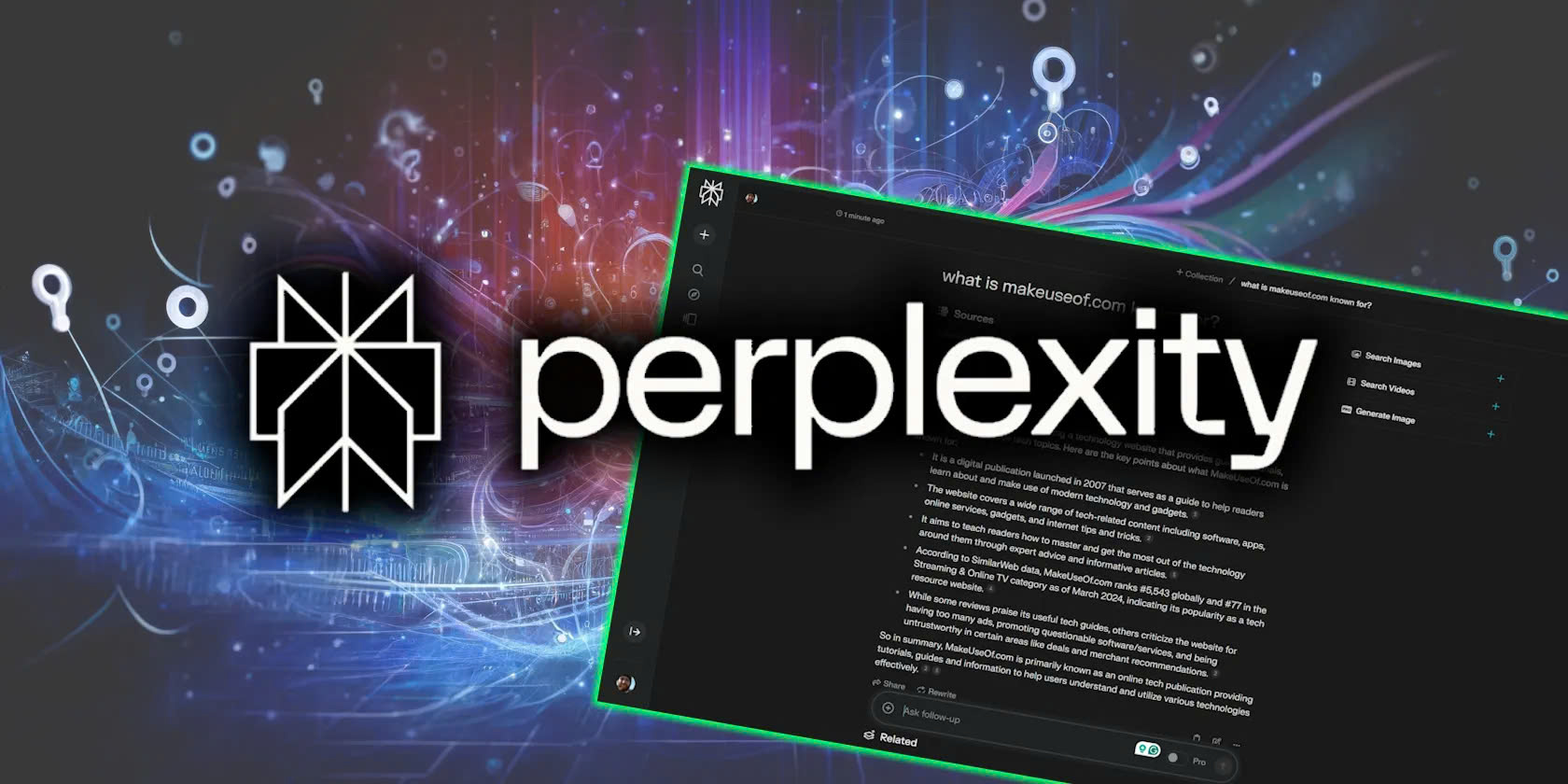
AI search engine Perplexity has expanded its publisher partnership program by offering revenue sharing for ad-funded questions, along with free access to Perplexity Pro.
So when people use Perplexity to ask questions, the AI often relies on content from news organizations and other publishers to provide answers. Now, Perplexity is looking at giving something back through a revenue-sharing program.
When advertisers pay to sponsor questions on Perplexity’s platform, publishers whose content is cited in the answers receive a share of the profits. The company also offers some tech perks — publishers can use Perplexity’s AI technology on their own sites, and their employees get free access to Perplexity’s premium service for a year.
“We built this program to ensure we have a scalable and sustainable way to align incentives for all parties,” said Aravind Srinivas, CEO of Perplexity.
“The company wants to position itself as a friend rather than an enemy of traditional media,” said Jessica Chan, its new director of publisher partnerships, emphasizing its desire to work with publishers of all sizes, from big brands to small boutiques.
confusion
No search engine is immune to the spread of misinformation, and Perplexity is no exception. To mitigate the risk, Chan explains, the company employs a number of strategies. For example, it uses a ranking system that uses more than 50 different signals to determine which sources are the most authoritative, prioritizing sources that are trustworthy and fact-checked.
It also includes citations for all answers, allowing users to verify the information themselves. Perhaps most intriguingly, the system is said to be designed to challenge questions that cannot be factually answered, making it clear that it is a tool for summarizing information, not for forming opinions.

Publishers like TIME are optimistic about the partnership, seeing it as an interesting experiment in creating sustainable relationships between AI companies and traditional media.
The company admits, however, that its AI content detection system isn’t perfect. While helpful, relying on cross-referencing multiple sources doesn’t necessarily guarantee accuracy—especially for breaking news or emerging topics, where misinformation may initially appear across multiple channels. The source material doesn’t mention how the system handles such situations or how quickly it updates information when fixes are published.
Another potential weakness is that while Perplexity focuses on citing “trusted” sources, there is no clear explanation of how it determines which sources are trustworthy or whether this process might introduce certain biases into the system itself.
Bottom line
There's one important detail: the revenue-sharing model only works when there are ads — there's no compensation for the massive amount of publisher content that Perplexity currently uses to provide its regular answers.
While the company claims this is more sustainable than one-time payments, it means publishers are essentially providing free content until an advertiser pays Perplexity, something publishers have no control over.
That's a pretty small slice of the pie for a company valued at $9 billion after its latest fundraising round, and its success depends on quality, up-to-date content from publishers and creators perhaps more than the company would like to admit.
There’s also a broader question of power dynamics. While Perplexity presents itself as a partner to publishers, it is in fact becoming the new gatekeeper to news content. Publishers may feel pressured to join the program simply to maintain control of the content, rather than for any beneficial outcome.
Despite these concerns, Perplexity’s approach stands out among AI companies for at least trying to create sustainable relationships with content creators. TIME CEO Mark Howard sounded optimistic, noting that the partnership fits with their mission of providing trustworthy journalism while reaching new audiences.
The success of the program may depend on how ad revenue is actually realized and whether publishers see real value in the technology tools it offers. For now, it represents an interesting experiment in finding common ground between AI companies and traditional media.
Justine Roberts, CEO of the UK's largest parenting forum Mumsnet, which is taking legal action against OpenAI, commented: "Ensuring creators are fairly compensated for their content is not only the right thing to do - it is essential for the future growth of the AI content-generating sector, which depends on a sustainable supply of high-quality, human-authored copyrighted works. Perplexity's Publishers Programme is a positive step towards a world where innovation and fairness can coexist."
Hoang Anh (according to Journalism.co.uk, Perplexity.ai)
Source: https://www.congluan.vn/mo-hinh-chia-se-doanh-thu-giua-ai-va-bao-chi-giai-phap-moi-hay-su-phu-thuoc-post333263.html



![[Photo] General Secretary To Lam receives Ethiopian Prime Minister Abiy Ahmed Ali](https://vstatic.vietnam.vn/vietnam/resource/IMAGE/2025/4/15/086fa862ad6d4c8ca337d57208555715)
![[Photo] Welcoming ceremony for Prime Minister of the Federal Democratic Republic of Ethiopia Abiy Ahmed Ali and his wife](https://vstatic.vietnam.vn/vietnam/resource/IMAGE/2025/4/15/77c08dcbe52c42e2ac01c322fe86e78b)
![[Photo] Prime Minister Pham Minh Chinh holds talks with Ethiopian Prime Minister Abiy Ahmed Ali](https://vstatic.vietnam.vn/vietnam/resource/IMAGE/2025/4/15/4f7ba52301694c32aac39eab11cf70a4)
![[Photo] National Assembly Chairman Tran Thanh Man attends the summary of the organization of the Conference of the Executive Committee of the Francophone Parliamentary Union](https://vstatic.vietnam.vn/vietnam/resource/IMAGE/2025/4/15/fe022fef73d0431ab6cfc1570af598ac)
![[Photo] The two Prime Ministers witnessed the signing ceremony of cooperation documents between Vietnam and Ethiopia.](https://vstatic.vietnam.vn/vietnam/resource/IMAGE/2025/4/15/16e350289aec4a6ea74b93ee396ada21)
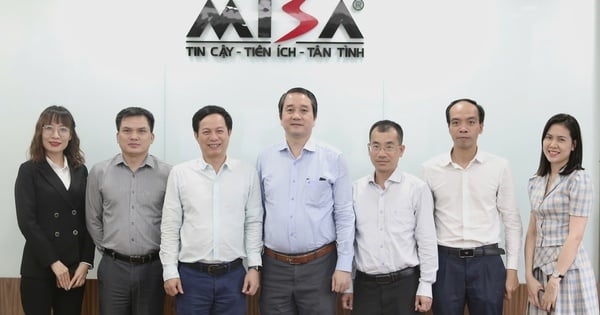










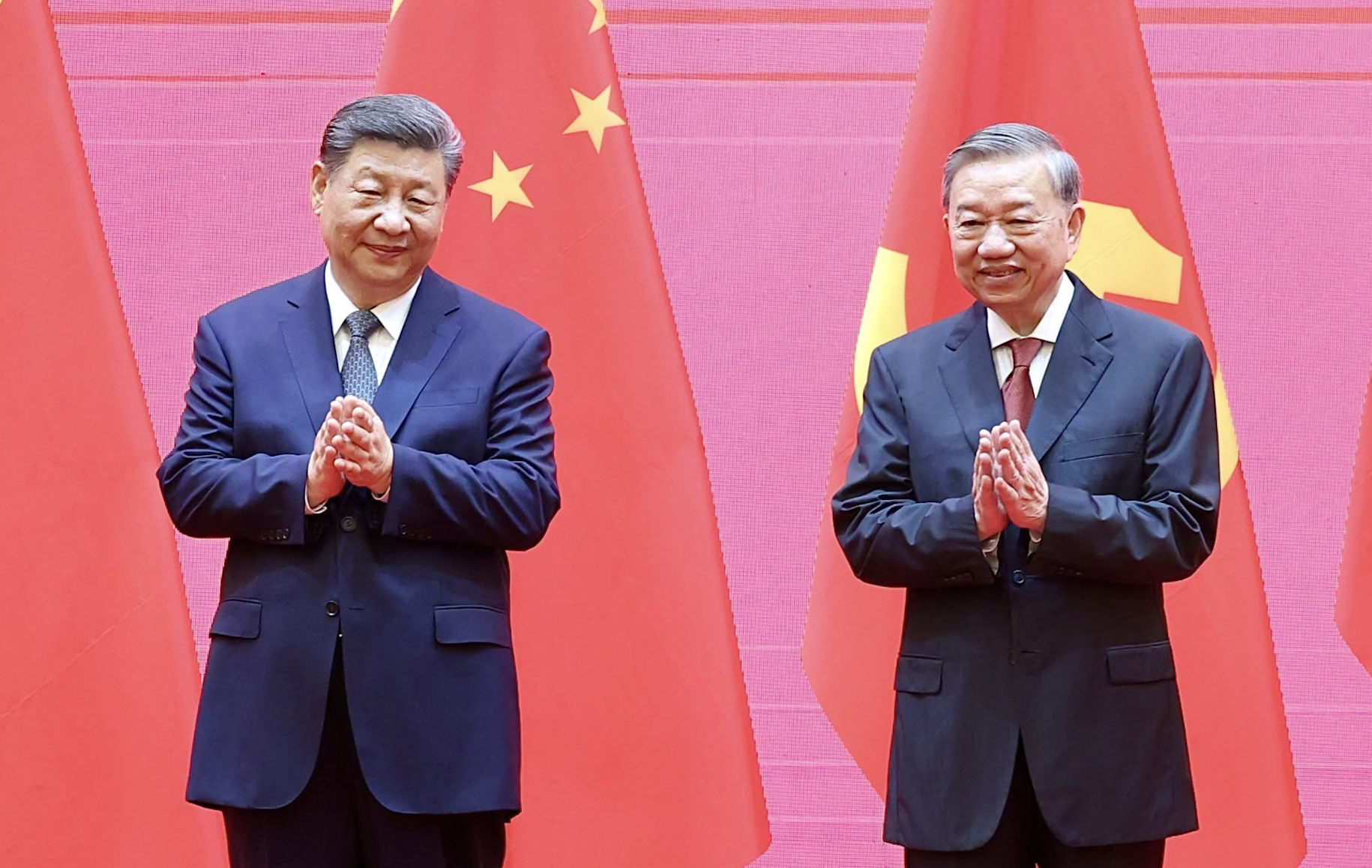

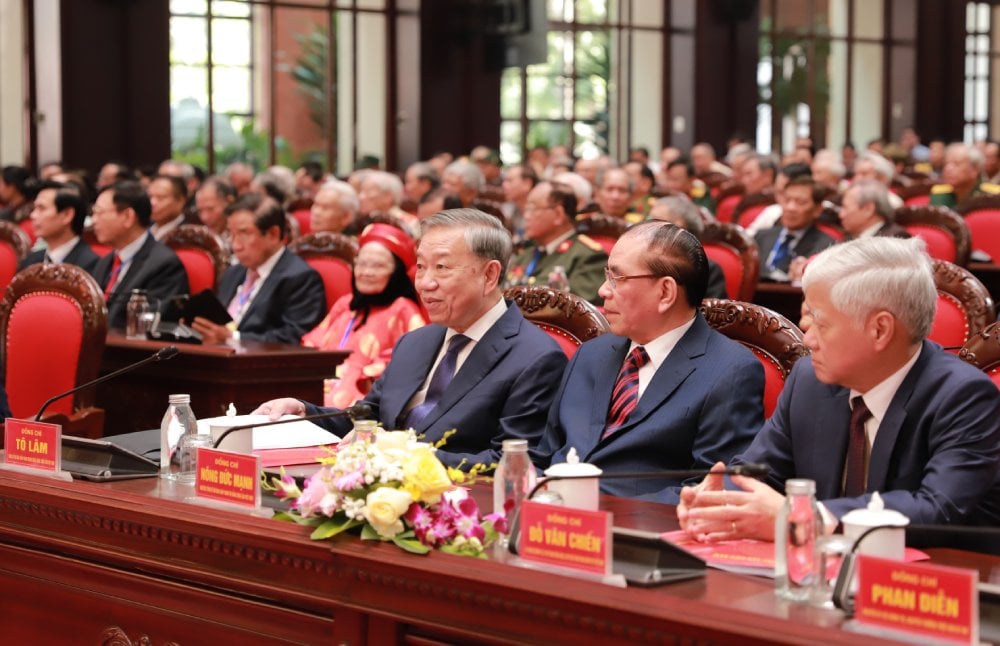

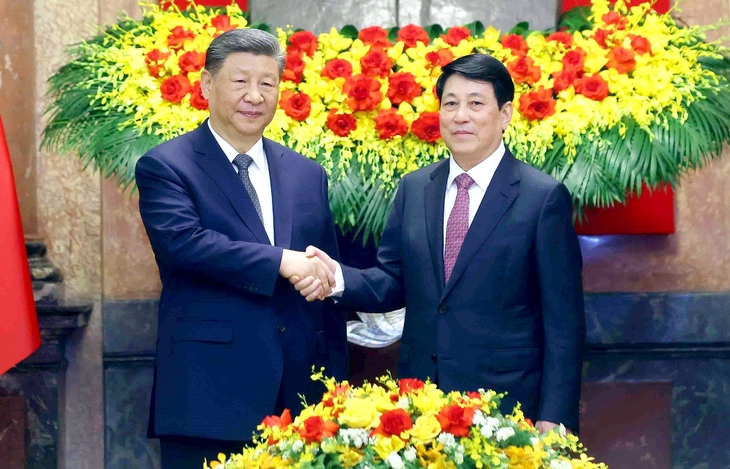











![[Photo] General Secretary To Lam meets with veteran revolutionary cadres, meritorious people, and exemplary policy families](https://vstatic.vietnam.vn/vietnam/resource/IMAGE/2025/4/15/7363ba75eb3c4a9e8241b65163176f63)























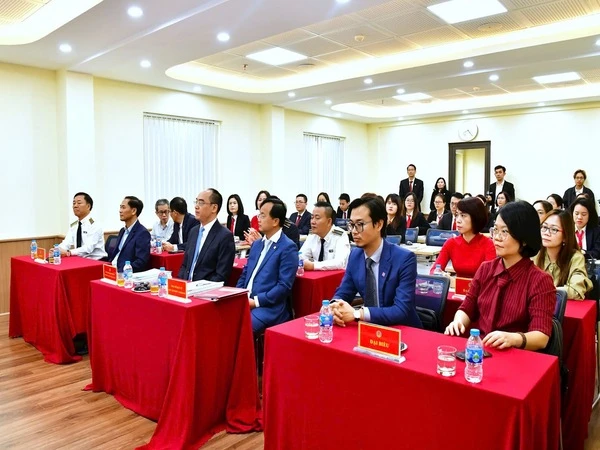















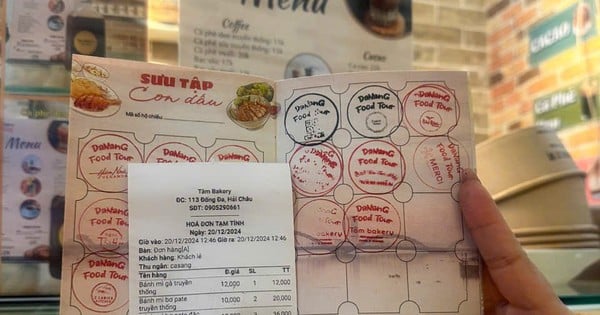
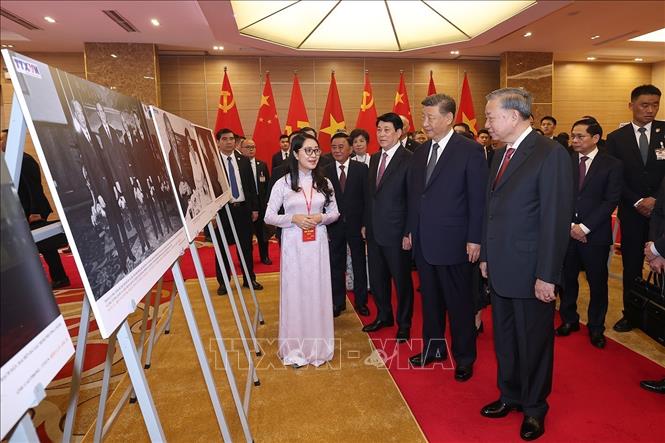



















Comment (0)